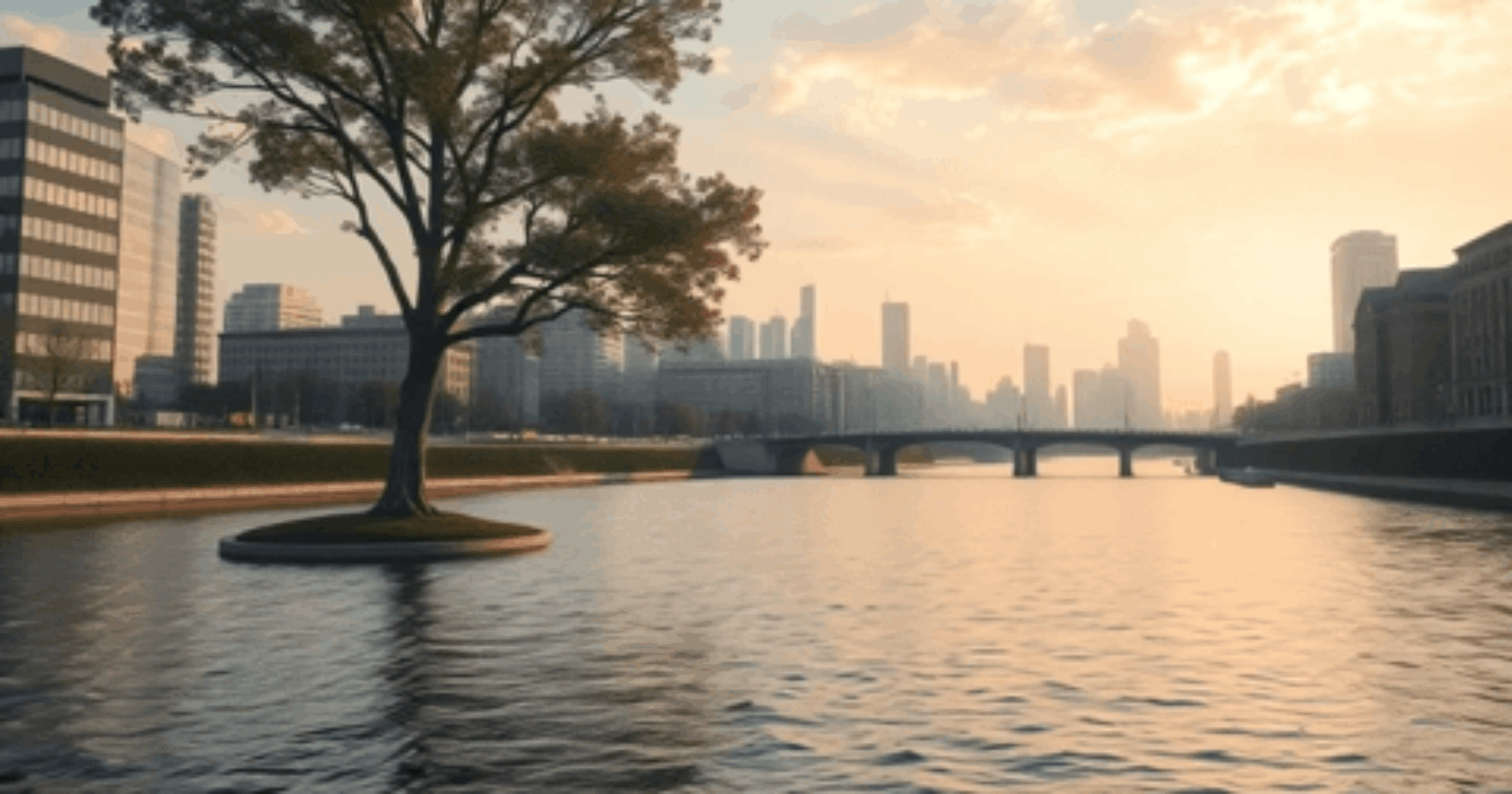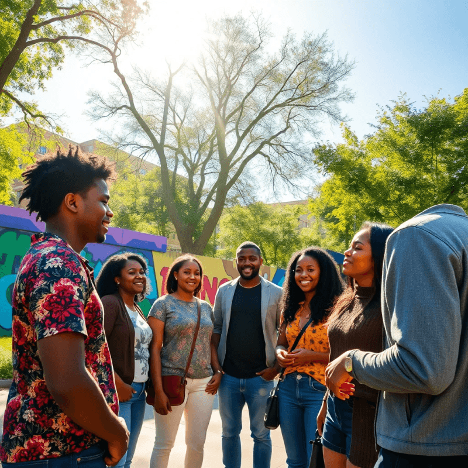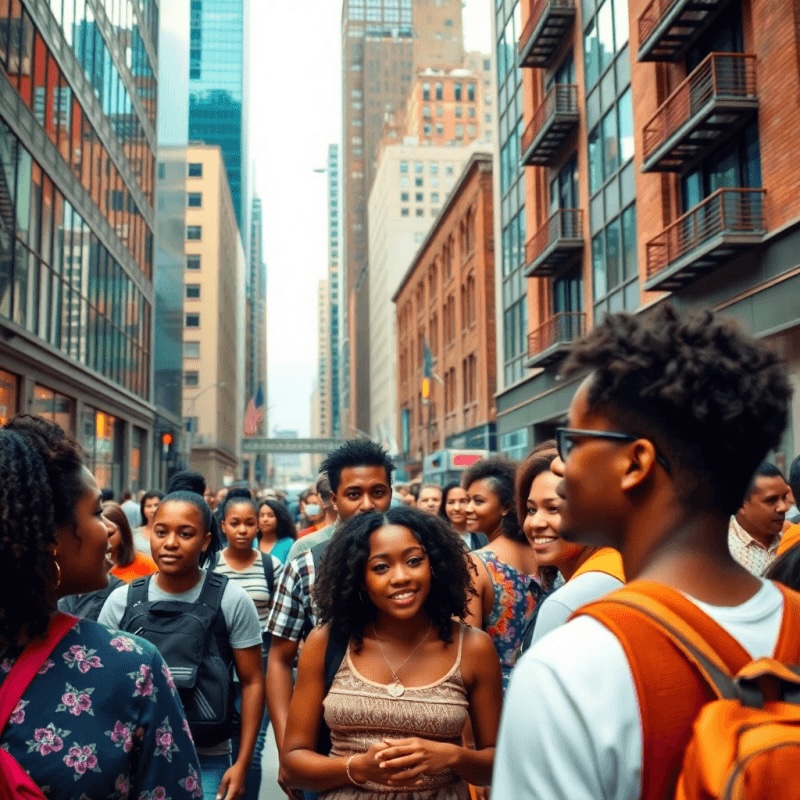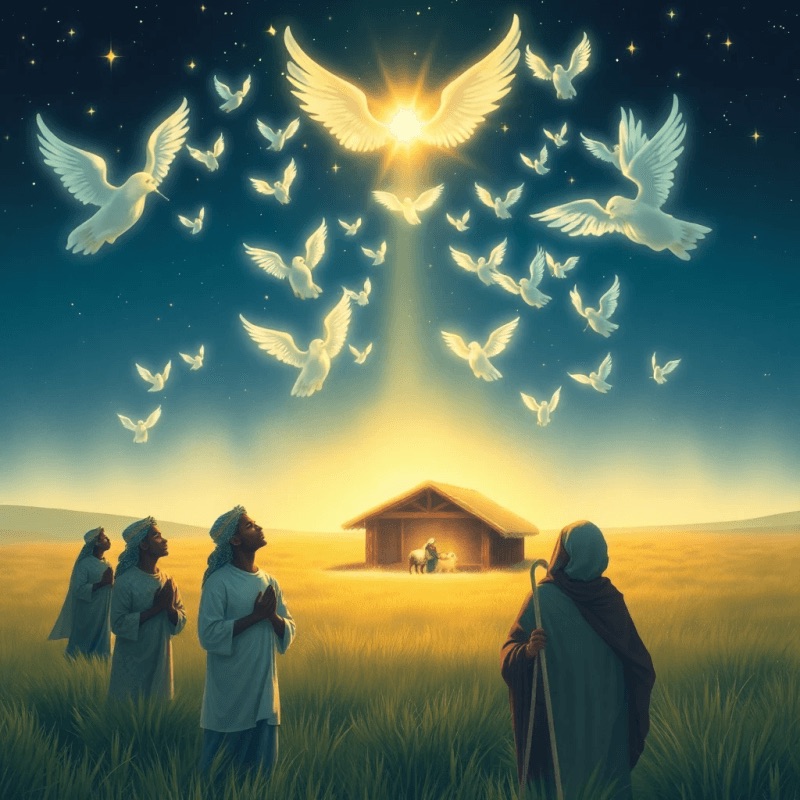Isaiah 60:1-2 is a powerful summons to awaken our spiritual senses and pay attention to the world around us. We are called to examine our surroundings through the lens of the new light that has come into being—the light of truth and divine revelation. This glorious light transforms our understanding of reality and challenges us to look beyond the surface and recognize the spiritual and moral complexities that often go unnoticed.
The light attracts those whose vision has been dimmed, offering clarity and direction in a world that often feels lost and chaotic. By embracing this illumination, we can discern the deeper truths hidden behind the shadows of indifference and despair. It illuminates a path forward that might diverge from the status quo, banishes shadows of doubt, and exposes the hiding places where evil intentions sometimes lurk.
This glorious light shines into the darkness, spoken of in John 1:5, and it embodies a truth that cannot be extinguished by the world’s confusion or moral ambiguity. The NRSV says that darkness cannot overcome this light. The NLT says that the darkness can never extinguish this light. And the NKJV says the darkness cannot even comprehend this light.
We are invited to be vessels of this marvelous light in a world that desperately needs it. As we allow the light of Christ to shine through us, we become agents of hope and healing. We illuminate the shadows where evil intentions may lurk and dispel the fears that paralyze hearts and minds. The light we carry can serve as a lifeline for those overwhelmed by darkness, reminding them that they are not alone.




